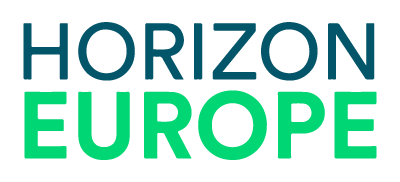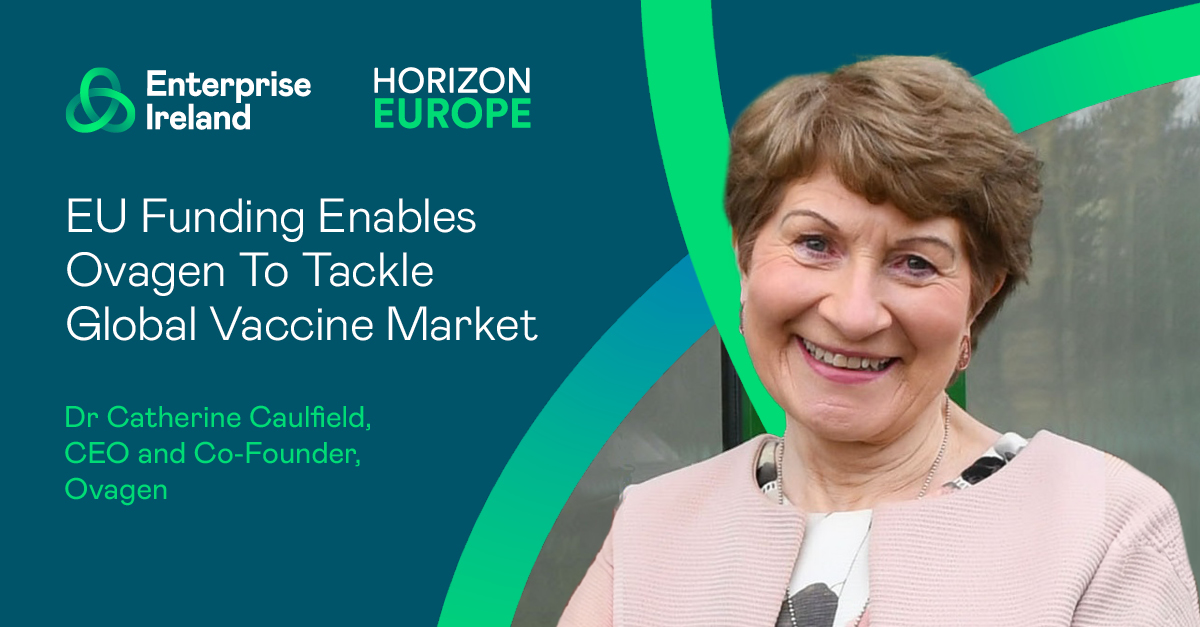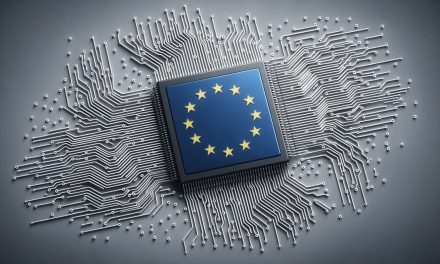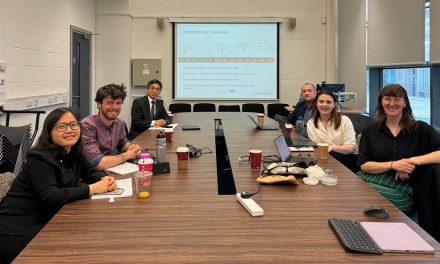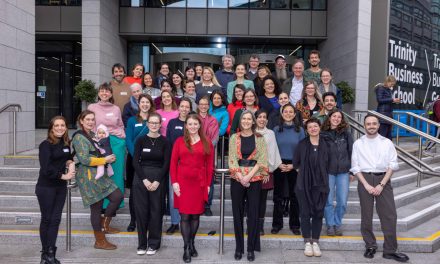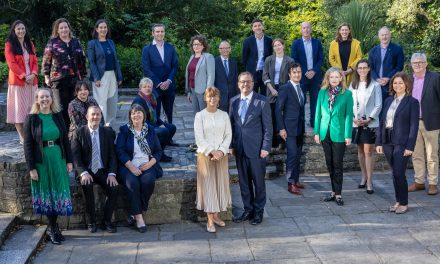Vaccine manufacturing has never been more to the forefront of the news than in recent years. With everyone acutely aware of how vital vaccines are, Irish biotech firm Ovagen Group Ltd. has good news. With the support of €3.4m in European Research and shareholder matched funding, the company has succeeded in producing a world-first product that can significantly boost the global production of vaccines.
Fertilised chicken eggs play a central role in vaccine manufacture. In fact, vaccine manufacturers use more than a billion eggs a year, with the market forecast to grow by more than 8 percent per year over the next four years.
Contamination is a major problem when it comes to using eggs, with vaccine companies typically losing millions of euro a year as a result. Contaminated batches result in delays to market for manufacturers who may miss peak epidemic or the entire vaccine season in the case of influenza.
Ovagen has developed the world’s first 100% bacteria-free eggs for use in the production of human and animal health vaccines, biotechnology applications and in cutting-edge scientific research.
“There’s a huge global opportunity for our product, which is superior to existing products on the market,” explains Ovagen co-founder and CEO Dr Catherine Caulfield. “Prior to Covid, more than one-billion eggs were required for vaccine manufacture and this figure is set to increase substantially. Ovagen’s superior-quality, germ-free eggs will set a new gold standard in the market and the biology of germ-free eggs may also allow much greater viral yield to produce certain vaccines.”
Egg-based vaccines remain vitally important
While mRNA vaccines have become increasingly topical as a result of the Covid-19 pandemic, egg-based vaccines continue to have a major role to play in the battle against Covid and other diseases, says Dr Caulfield.
“As the saying goes, no one is vaccinated until everyone is vaccinated. Egg-based vaccine manufacture is well established for almost 100 years and it is a much cheaper process than other methods. We do not plan to replace mRNA or cell-based vaccines, but to give the market a third and valuable option that is inexpensive, rapidly scalable and capable of producing multiple vaccines, including Coronavirus, from germ-free eggs while benefitting from reduced contamination and increased viral yield.”
She adds that the pandemic has markedly increased the need for eggs for use in vaccine manufacture. “One manufacturer in Latin America, for example, says it will need 50 million eggs a year going forward for the manufacture of Covid vaccines. Another global vaccine manufacturer we spoke with needed two million eggs a year and now it’s six million.”
EU funding enabling germ-free egg production
In 2019 Ovagen received European funding through the Horizon 2020 SME Instrument programme. This enabled the company to move from proof of concept to having a market-ready product for customer evaluation. Ovagen has recently been awarded European Innovation Council (EIC) Accelerator funding of €10 million between Grant and Equity, placing the company in the top 7% of European companies who applied in the funding round. This funding will allow the company demonstrate all the benefits of germ-free eggs, scale up production and commercialise the business to serve a global market.
Dr Caulfield explains it would have been very difficult to develop the product without the Horizon funding, as the project was early-stage and high-risk.
“It took about 10 years of R&D to get us to proof of concept and we were struggling to secure sufficient funding, beyond what we had put in ourselves, to take the product to the next phase of development. This project perhaps may have failed or would certainly have taken an awful lot longer if we hadn’t received the European funding. It was instrumental.”
Ovagen expects to increase its current workforce of 12 to 75 by 2026, by which time the company plans to produce 4 million germ-free eggs annually.
“They will be highly skilled jobs across sales, marketing, business development, IT, finance, engineering, HR and scientist roles in the West of Ireland. We developed our previous company from meagre beginnings to a very successful global business [Biolabs, bought in 2002 by Charles River Laboratories] and it’s lovely to be at the stage now in Ovagen where we are building this business to be global.”
Crucial need for strict project management
Companies that succeed in securing EU funding need to track all Project-associated expenditure, achieve the pre-determined milestones and deliverables and manage the Project competently within the allocated timelines, says Dr Caulfield. “The financial audit is a really thorough audit carried out by independent auditors at the end of the Project and you need strict policies and procedures in place to deal with that.”
“It is a good idea to get advice and training, if needed, at the beginning of your project on the best way to capture the information week by week for ease of reporting and audit. It would be very difficult to catch up if you don’t keep on track with capturing the data and tracking the work packages, deliverables and finances.”
This diligence must extend to risk management, data management, and regulatory and ethical compliance where appropriate, she adds.
Avail of support to secure funding
Support from Enterprise Ireland was a critical factor in guiding the management team through the process and successfully securing Horizon 2020 funding, says Dr Caulfield. Ovagen got advice from Enterprise Ireland on every aspect of its applications, including the written proposals and pitch presentations. The company also benefitted from the support of three mentors, during the Project phase, who advised on strategy, sales and marketing, and lean principles.
“No matter how experienced you are, it’s not a simple process and it is very competitive. To get the pitch right, every word has to be impactful and you can be asked questions about any aspect by the selected jury. Enterprise Ireland sets up a mock pitch to put you through your paces beforehand by a panel of jurists. It’s absolutely invaluable and I’ve no doubt contributed in a big way to our success on both occasions.”
She adds that Ovagen also took the advice to appoint a specialist consultant in grant funding to help with its application. “While they assisted with the proposal application they were a particular help with posting our proposal on the European funding portal. It’s a complex enough system until you get familiar with it.”
If you would like advice about accessing Horizon Europe support or further details, please contact horizonsupport@enterprise-ireland.com or visit www.horizoneurope.ie
